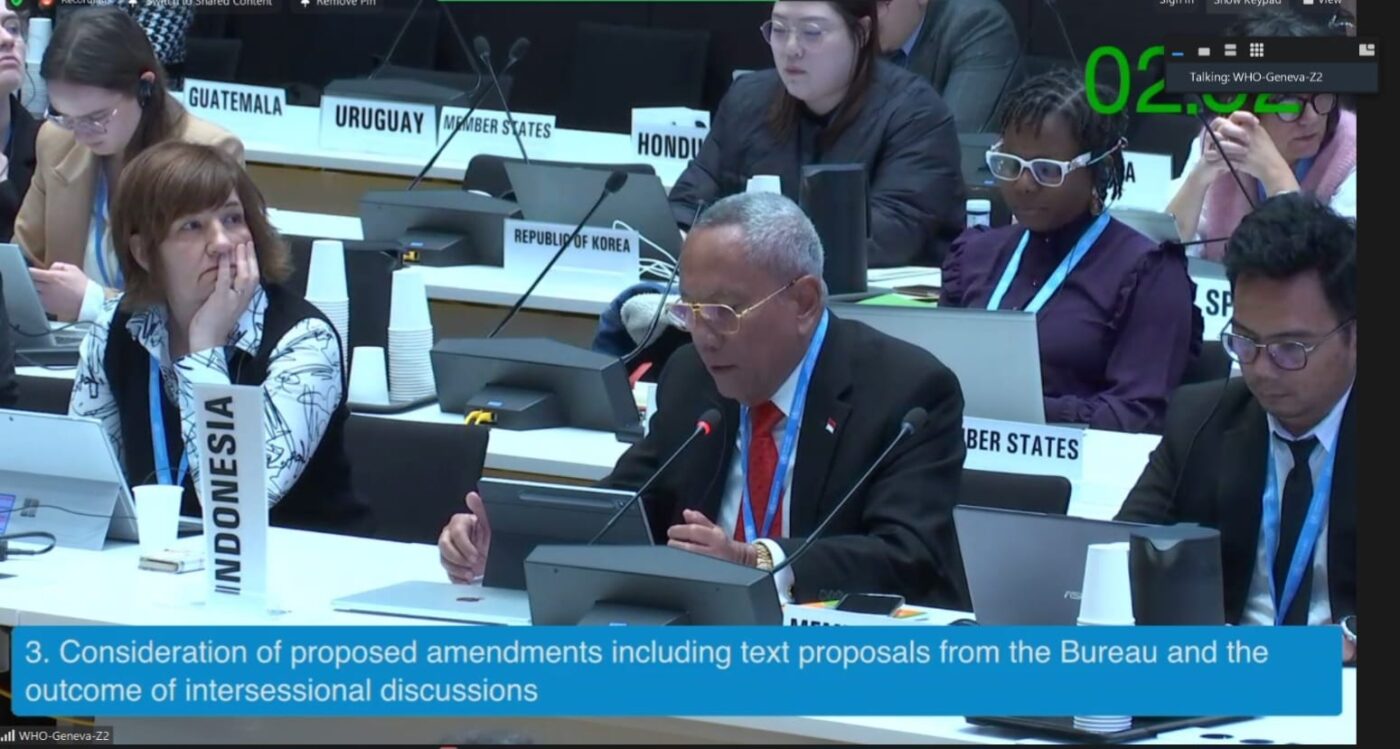In May 2024, global health experts reached a significant agreement to revise the International Health Regulations (IHR) to enhance the global response to disease outbreaks that can spread internationally, such as the COVID-19 pandemic. This revision is a major milestone in efforts to strengthen the global health system and prepare for future health crises.
The IHR revision is considered crucial because the current regulations are no longer sufficient to address the complex health challenges posed by the evolving world. The rise of climate change, urbanization, and increased human mobility have escalated the risks of new diseases emerging and spreading more rapidly. In response, the new revisions aim to establish stronger mechanisms for early disease detection, rapid response, and global coordination.
One of the key components of the revision is to ensure fair access to vaccines, medicines, and other essential health technologies. The revision emphasizes that equitable distribution is critical in managing global health crises effectively. This change reflects lessons learned from the COVID-19 pandemic, which highlighted the disparities in access to life-saving interventions across different regions.
The success of these revised regulations will depend heavily on the commitment and cooperation of all World Health Organization (WHO) member countries. The revised IHR will help countries build stronger systems for pandemic preparedness, improve global cooperation, and ensure that no country is left behind during health emergencies.
Prof. Tjandra Yoga Aditama, Director of Postgraduate Studies at Universitas YARSI and former Director of Communicable Diseases at the WHO Southeast Asia Region, emphasized that the implementation of these revisions is a critical step toward a more robust global health framework, ensuring better preparedness for future pandemics.


